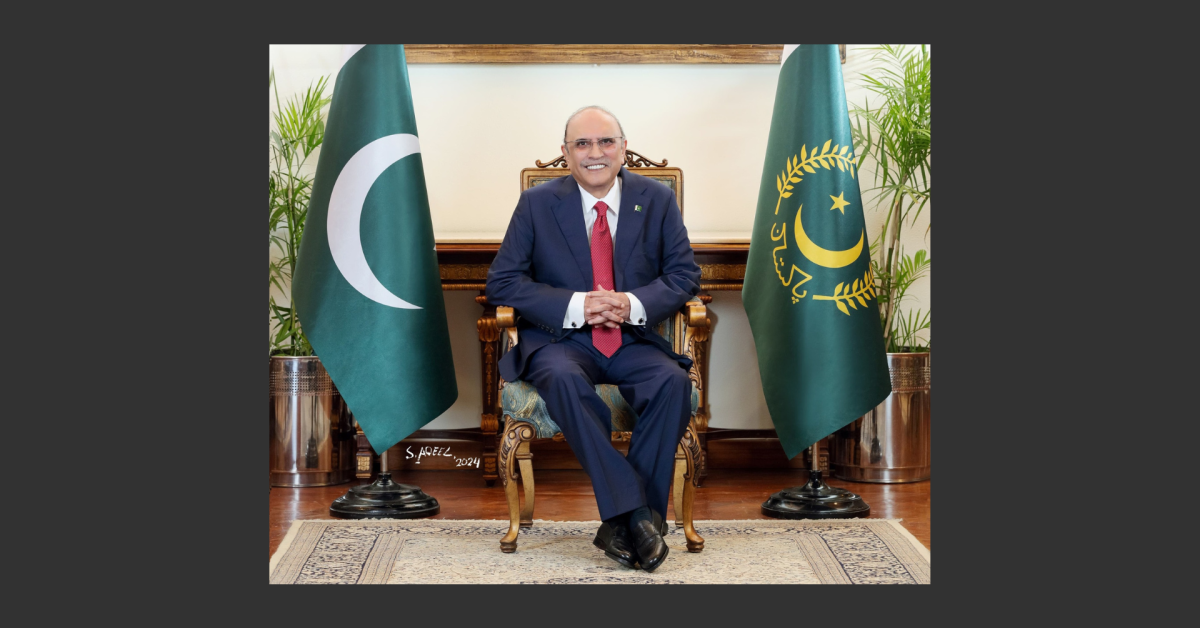
ROX at NUST: Shaping The Future of Digital Lifestyle with Gen-Z
January 31, 2025
Alibaba Releases Qwen 2.5, Surpasses DeepSeek-V3
February 1, 2025PECA Amendments Approved Despite Journalists’ Protests
President Asif Ali Zardari approved amendments to Pakistan’s cybercrime laws, despite opposition from journalists and media groups. The changes to the Prevention of Electronic Crimes Act (Peca) 2016 have faced criticism for being an “attack on freedom of expression,” with the Pakistan Tehreek-e-Insaf (PTI) party protesting the rushed process in parliament. The new Section 26(A) of Peca penalizes those spreading “fake news” with up to three years’ imprisonment or fines up to Rs2 million.
Media organizations, including the Pakistan Federal Union of Journalists (PFUJ) and the Parliamentary Reporters’ Association (PRA), voiced strong objections. Amnesty International and other human rights groups also raised concerns.
Despite the president’s earlier assurances to the PRA that he would delay the signing, the bill was passed. The president’s action has been criticized by journalists, activists, and political figures, who argue that the amendments were approved without proper consultation. Digital rights activists also highlighted the potential negative impact on press freedom and freedom of speech. The law also proposes establishing new regulatory authorities for social media and cybercrime investigations.






